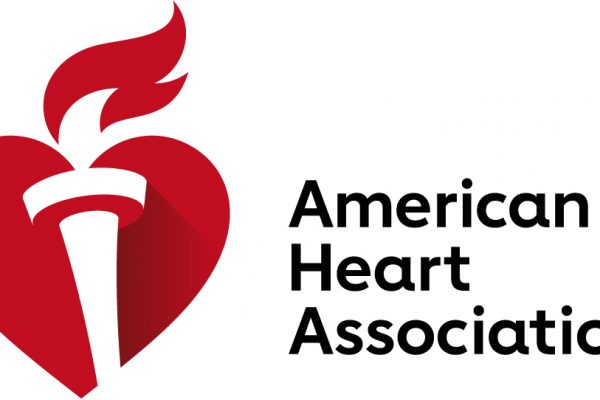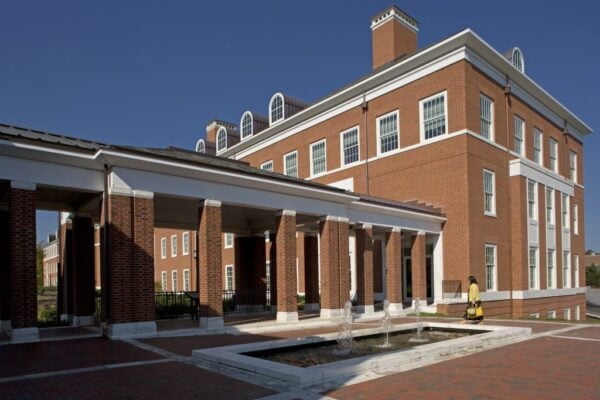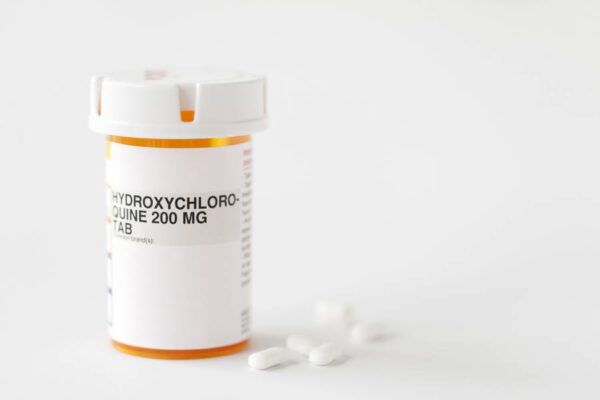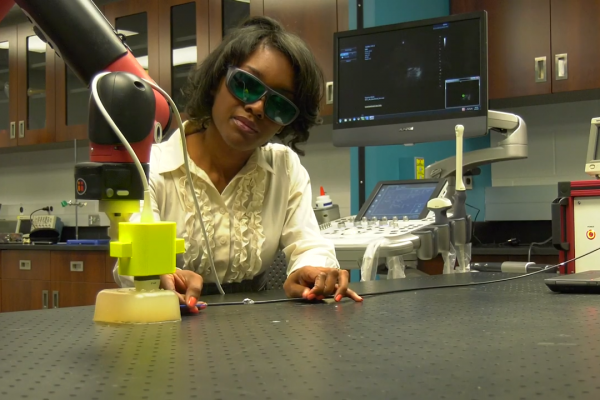By: Catherine Graham

Johns Hopkins awarded $2.5 million to investigate digital tools for heart health
- May 28, 2020
- Center NewsMobile Health
The American Heart Association grant will fund the creation of the Center for Mobile Technologies to Achieve Equity in Cardiovascular Health, led by Seth Martin, an associate professor of cardiology and member of the Malone Center.

Malone faculty awarded seed grants for AI research
- May 26, 2020
- Center News
With the funding for this year’s projects, the center will have awarded a total of eight Seed Grants since the program's inception in 2018.

The ill winds of COVID-19
- May 12, 2020
- COVID-19Systems Modeling and Optimization
Johns Hopkins mechanical engineers believe fluid dynamics can tell us a great deal about the COVID-19 pandemic—and how people can protect themselves when the country reopens.

Public demand for unproven COVID-19 therapies rise after endorsements from high-profile figures
- May 1, 2020
- COVID-19
A new study by researchers from Johns Hopkins, the University of Oxford, and the University of California, San Diego, examines Americans’ Google searches to track the rising public demand for these unproven drugs soon after these high-profile endorsements.

New outbreak model better predicts COVID-19 hotspots
- April 27, 2020
- COVID-19Systems Modeling and Optimization
Team led by Malone researchers is developing a new model that more accurately understands and predicts the spread of diseases such as COVID-19 in both large and small communities.

Lighting the Way to Safer Heart Procedures
- April 22, 2020
- Medical Imaging
In new study, Muyinatu Bell and team provide evidence that an alternative imaging technique could someday replace current methods that require potentially harmful radiation.